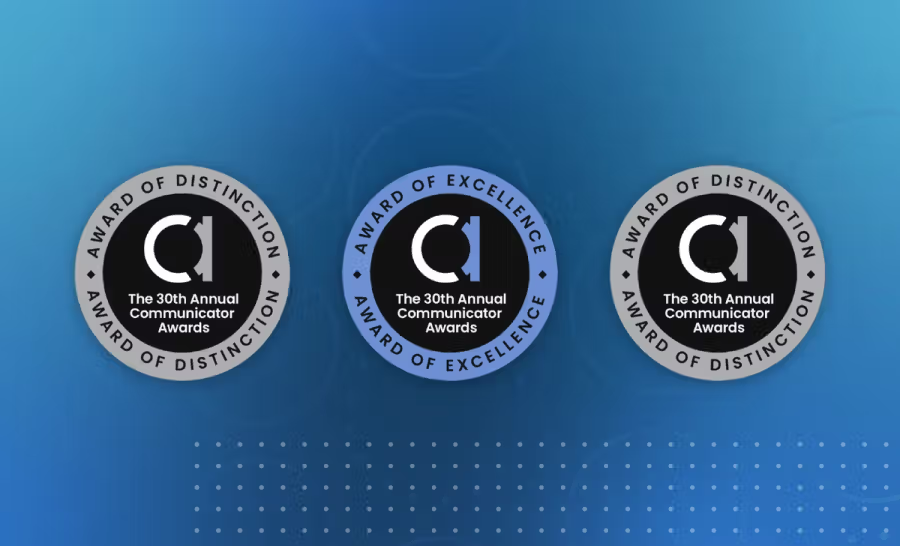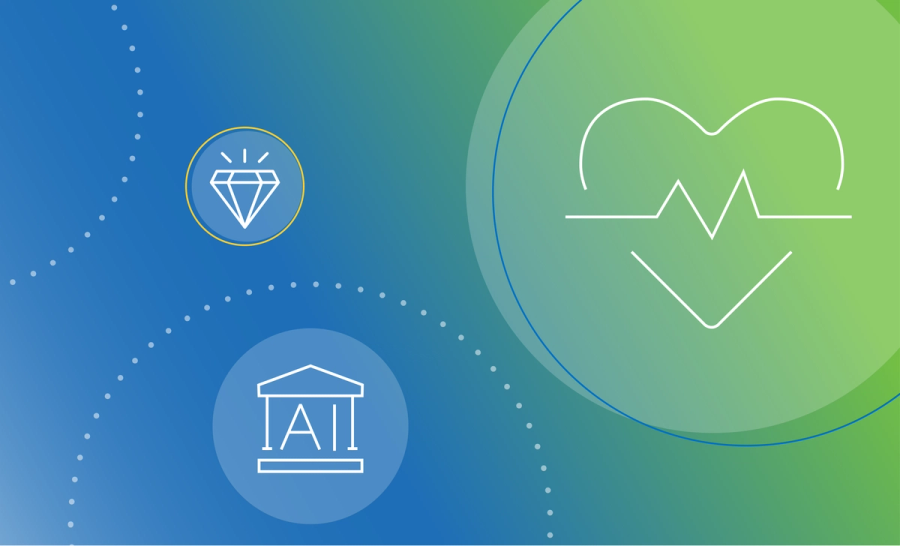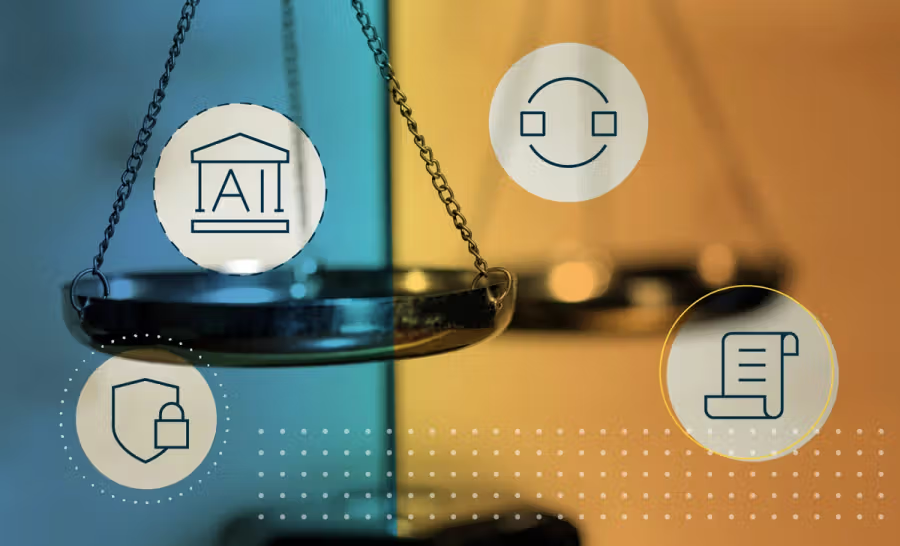Why now is the time for AI governance

AI is here and its potential is enormous. But data professionals know that managing an AI roadmap can be challenging, especially if your organization lacks trusted data. Without trusted data, you can’t build trusted AI. In our era of AI-driven transformation, forward-thinking organizations integrating AI into the roadmap know that AI governance can make all the difference.
Recently, AI experts from Collibra and Deloitte teamed up to discuss trusted AI and how organizations can use a trusted AI framework to get the most out of AI data governance.
Watch the webinar: Six pillars of Trustworthy AI™ and the data that drives it
The AI era is here
As AI technologies become more sophisticated and widespread, the potential for unintended consequences, ethical dilemmas and compliance challenges also rises.
Trusted AI is about building AI systems that are not only technically sound but also socially responsible, addressing concerns like data privacy, bias, transparency, and accountability.
“There are huge data sets used to frame these AI models to come up with these responses. The data itself, the algorithms that go into it, and the calculations that happen are really, really complex. It’s essential that we understand and appreciate the complexity.”
– Simla Sivanandan, Senior Manager, Data Intelligence at Collibra
The need for trusted AI
The journey towards realizing the full benefits of AI starts with establishing trust — both in the AI systems themselves and in the data that powers them.
Trustworthy AI is not just about technology; it’s also about the governance, ethical considerations, and compliance standards that guide AI development and deployment.
In this webinar, AI experts from Deloitte and Collibra explore key aspects of trusted AI, including:
- Ethical AI practices: Addressing the moral implications of AI, ensuring that AI systems are fair, transparent, and accountable.
- Data governance and quality: Ensuring the integrity, accuracy, and reliability of the data feeding into AI systems.
- Compliance and regulatory adherence: Navigating the complex landscape of laws and regulations that govern AI usage across different industries and regions.
- Risk management: Identifying and mitigating the potential risks associated with AI, including biases, privacy breaches, and security vulnerabilities.
- Stakeholder engagement and transparency: Engaging stakeholders effectively and maintaining transparency throughout the AI lifecycle.
- Operationalizing AI governance: Implementing practical steps and processes to embed AI governance into the fabric of the organization.
Plus, you’ll see a demo of the Deloitte trusted AI impact assessment tool — a powerful solution for identifying ethical considerations across the model development process.
Are you on your organization’s AI journey without AI governance?
Watch the webinar: Six pillars of Trustworthy AI™ and the data that drives it
You’ll get insights and practical advice on how to develop and manage AI applications responsibly, ensuring they deliver value ethically and sustainably. You’ll gain a deeper understanding of how to build and maintain trust in your AI initiatives, and you’ll discover how to turn the challenges of AI into opportunities by embracing a comprehensive framework for trusted AI.
Learn more about Collibra AI Governance.
In this post:
Related articles

AIMay 21, 2024
Collibra wins prestigious 2024 Communicator Award for AI Governance campaign

AIJuly 15, 2024
How to observe data quality for better, more reliable AI

AINovember 13, 2023
AI ethics and governance: responsibly managing innovation

AI GovernanceFebruary 28, 2025
AI agents: Build or buy, governance remains critical
Keep up with the latest from Collibra
I would like to get updates about the latest Collibra content, events and more.
Thanks for signing up
You'll begin receiving educational materials and invitations to network with our community soon.
